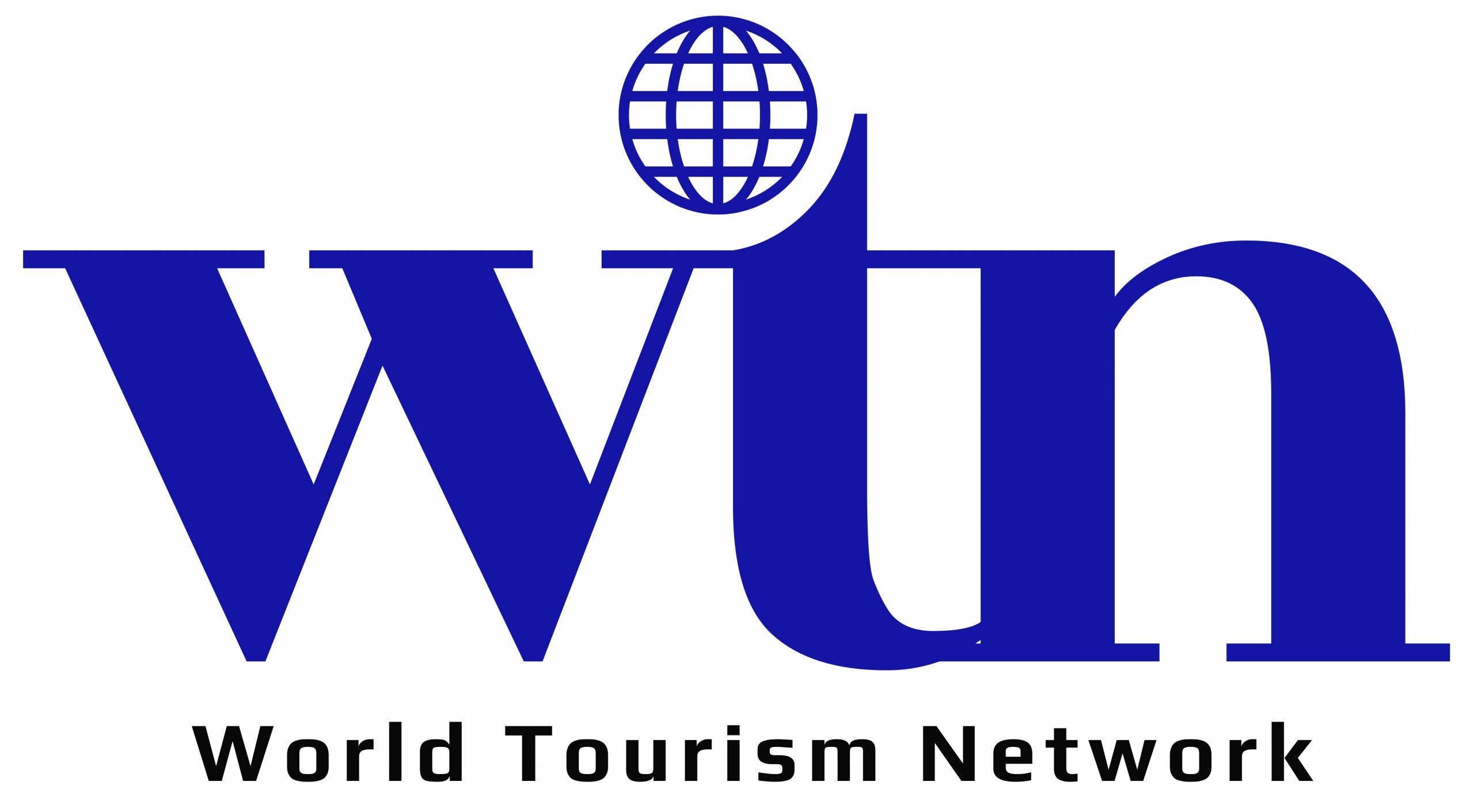
Global Tourism Resilience & Crisis Management Center, Jamaica
OVERVIEW AND BACKGROUND
Tourism is a precious global product that operates as an integral product to the entire globalization project. This is primarily because of its impact on world economies. According to the World Travel and Tourism Council (WTTC), “the total contribution of Travel & Tourism to GDP was USD8,272.3bn (10.4% of GDP) in 2017, and is forecasted to rise by 4.0% in 2018, and to rise by 3.8% pa to USD12,450.1bn (11.7% of GDP) in 2028”. The WTTC also states that “in 2017, the total contribution of Travel & Tourism to employment, including jobs indirectly supported by the industry, was 9.9% of total employment (313,221,000 jobs). This is expected to rise by 3.0% in 2018 to 322,666,000 jobs and rise by 2.5% pa to 413,556,000 jobs in 2028 (11.6% of total)”.
In addition to these contributions, tourism has the ability and focus to bring people together from all corners of the globe to enjoy the niceties and development of respective host countries/regions. Consequently, tourism has created a conduit through which social, cultural and recreational interactions have birthed some of the most enduring relationships, inventions and even international agreements, which have benefitted the world at large. Any threat to a country’s tourism is therefore a threat to globalization and international harmony.
 Tourism sectors in all countries currently face several external threats and internal challenges (i.e., disruptions). These disruptions include, among other things, climate change and natural disasters, cybercrime, cyber-security, pandemics, terrorism, war, population and the changing funding models. These concerns were highlighted recently where the United Nations World Tourism Organization (UNWTO), Government of Jamaica, the World Bank Group and the Inter-American Development Bank hosted a conference on Jobs and Inclusive Growth: Partnerships for Sustainable Tourism at the Montego Bay Convention Centre in Jamaica.
Tourism sectors in all countries currently face several external threats and internal challenges (i.e., disruptions). These disruptions include, among other things, climate change and natural disasters, cybercrime, cyber-security, pandemics, terrorism, war, population and the changing funding models. These concerns were highlighted recently where the United Nations World Tourism Organization (UNWTO), Government of Jamaica, the World Bank Group and the Inter-American Development Bank hosted a conference on Jobs and Inclusive Growth: Partnerships for Sustainable Tourism at the Montego Bay Convention Centre in Jamaica.
The Montego Bay Declaration, the major conference output, called for the establishment of an entity to address these disruptions. The call also highlighted the need to enable tourism sectors in countries around the world to be more resilient through research, advocacy, policy management, project management, communications management, training and capacity building as well as monitoring and evaluation. The ultimate purpose of the Centre will be to assist destination preparedness, management and recovery from disruptions and/or crises that impact tourism and threaten economies and livelihoods globally. The Centre will be called to operate in a global context that is characterised by not only new challenges but also new opportunities for tourism in an effort to improve the tourism product as well as to ensure the sustainability of tourism globally.
Toward this end, this document outlines a joint project with the Ministry of Tourism (MOT) and the University of the West Indies to establish a Global Tourism Resilience and Crisis Management Centre (GTRMC) which, once established and fully operational, will be handed over to the University of the West Indies on October 31, 2020, with the MOT still maintaining an interest in the Centre. The project, which is the brainchild of Minister of Tourism of Jamaica, Hon. Edmund Bartlett, has an estimated start date of November 1, 2018. The project will run for two years until October 31, 2020.
